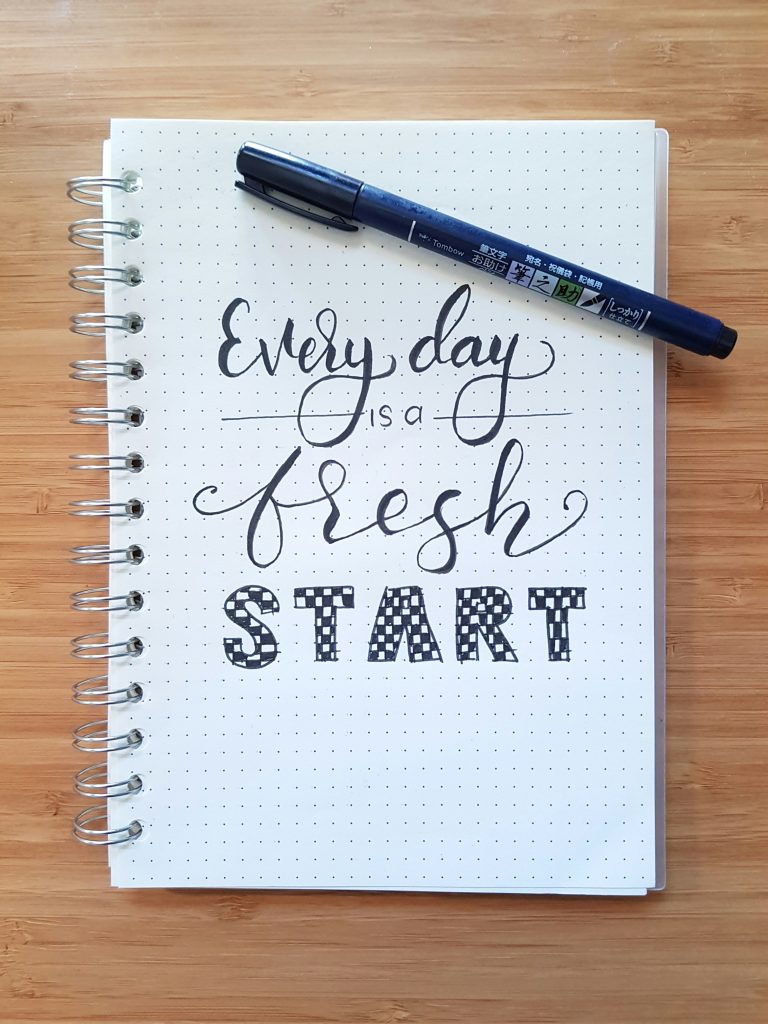
Thank you for your interest in participating in this DSW Capstone pilot research project!
The learning objectives for this training are the following:
- Identify and describe burnout and secondary traumatic stress and explain the impact on the social work profession.
- Identify and describe resilience-building skills, such as mindfulness, cognitive-behavioral skills, critical reflection and connection, and self-compassion.
- Recognize the significance of resilience-building skills as a method to prevent or mitigate the risks of burnout and secondary traumatic stress.
- Practice using resilience-building skills.
As you probably know, social workers provide meaningful services to diverse populations. We work in hospitals, schools, community mental health centers, substance abuse treatment programs, adult and child protective services, etc. We are huge advocates for social justice. Our work and advocacy are extremely helpful AND expose us to commonly known occupational stressors such as burnout and secondary traumatic stress.
Did you know that 50% of social workers experience burnout, and several leave the profession within two years of employment?
Let that sink in for a moment.

You’re a social work student working hard to obtain a BSW or MSSW. Think about all the time, money, and sacrifices you have made toward completing this degree and eventually leaving the profession two years after graduating.
Sounds alarming, doesn’t it?
Photo by Fabian Møller on Unsplash
You may be asking, “Is pursuing this degree worth it?”
YES, It IS worth it. Social workers do AMAZING things!

However, we need to prepare ourselves with skills to reduce the risks of burnout and secondary traumatic stress. We don’t want burnout and STS to negatively impact our important work with clients and the social justice changes we advocate for.
Prevention is better than trying to manage it once it becomes a problem.
What is Burnout?
What is Secondary Traumatic Stress (STS) or Vicarious Trauma?
First, it is NOT all on you to reduce burnout and secondary traumatic stress. The social work profession and organizations that employ social workers must do their part. However, organizational and systemic changes take time. We can’t wait for organizational changes to occur first. We must be proactive!
That’s where this resilience-building pilot program comes in.
Let’s dig into what resilience is all about and why it is essential to the social work profession.

Resilience is one’s ability to be resourceful, flexible, effectively cope, and “bounce back” from life’s challenges (Grant & Kinman, 2014).
Resilience helps social workers improve their abilities to navigate the occupational challenges of this profession. Research shows that resilience skills help mitigate the risks of burnout and secondary traumatic stress. Resilience is not something you are born with; it is a set of skills usually developed through adversity.
This DSW pilot project strives to help social worker students develop and cultivate resilience-based skills BEFORE facing the challenges that accompany this profession.
Creating resilient social workers coupled with organizational and professional changes may change the disheartening narrative about the high rates of burnout mentioned above. Cultivating resilience skills has the potential to enhance job satisfaction and employee retention.
Let’s do a quick review of what we learned:
Let’s start learning about resilience skills that have been shown to reduce risks of burnout and STS! Please proceed to Module 2.

